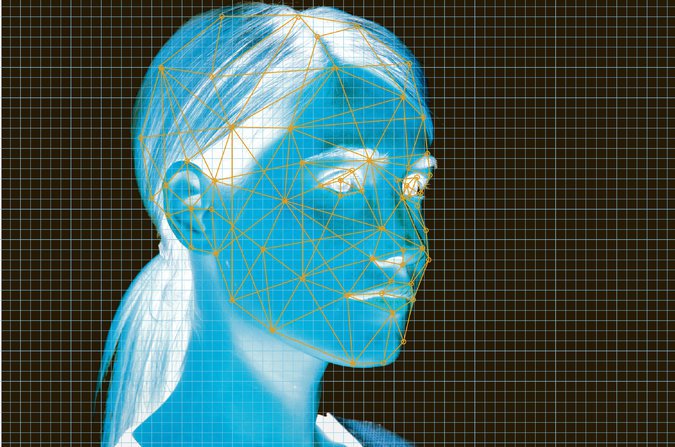
Facial recognition technology is facing a blitz of negative media with wormhole-like theories that this technology results in mass surveillance, destroys anonymity, and will forever change the way people behave in public. Advocates of this theory are calling for federal privacy regulation that will give a face a right of privacy it has never had in law to date.
While using facial recognition in numerous commercial and internet applications definitely requires transparency and consent, the assumptions about what the technology can and can not do simply do not hold up to fact.
Just recently, the New York Times , stated “The fundamental concern about faceprinting is the possibility that it would be used to covertly identify a live person by name.” The arguments essentially label a face a private part with privacy rights.
This sounds quite strange, until you enter the theoretical vacuum where the symbiotic relationship between the digital and real world blurs a traditional sense of privacy and anonymity that legitimately irks reasonable people.
The “sea of faces” anonymity in American city life, for example, is feared to quickly dissolve when the crossover between real and virtual life enables anyone to immediately discover the identity of every passerby just by taking their picture. Yet the real problem is not the faces.
They have always been around. What is new is the virtual world’s big data, and how that big data is correlated to faces creating personally identifiable information. That is the crux of the problem.
Source: biometricupdate.com
